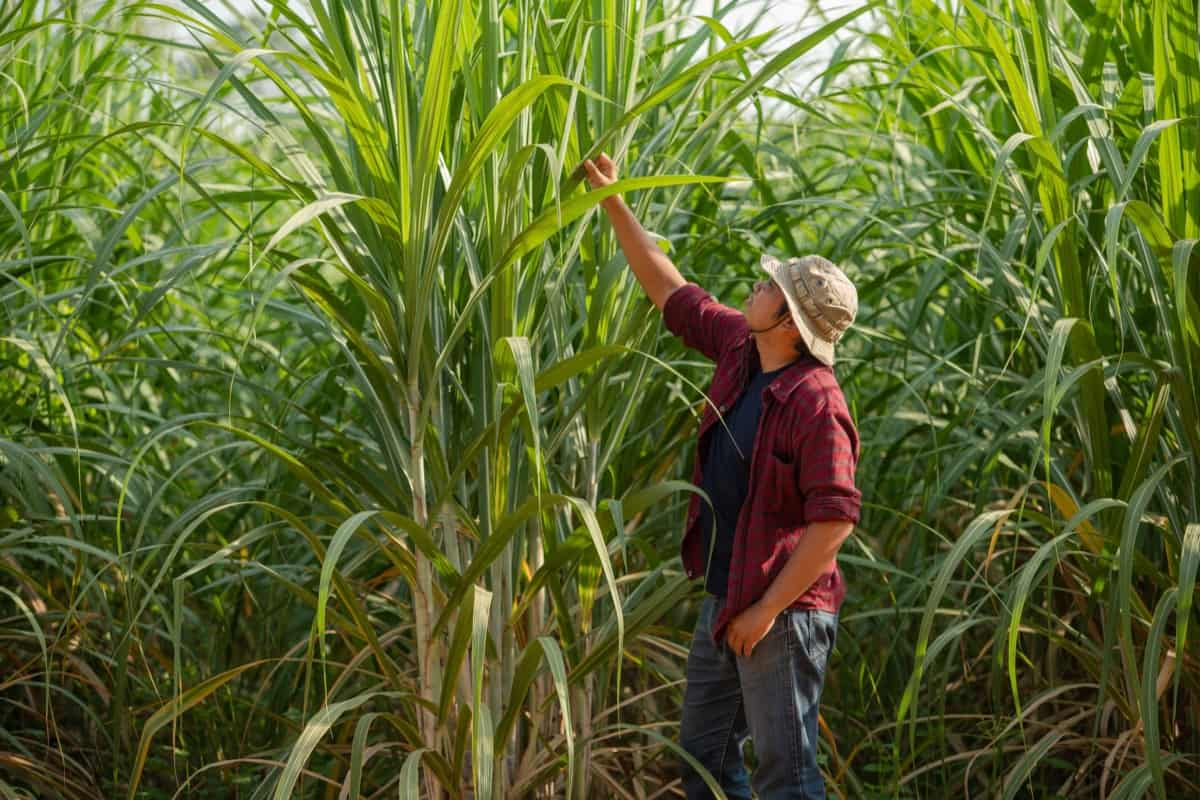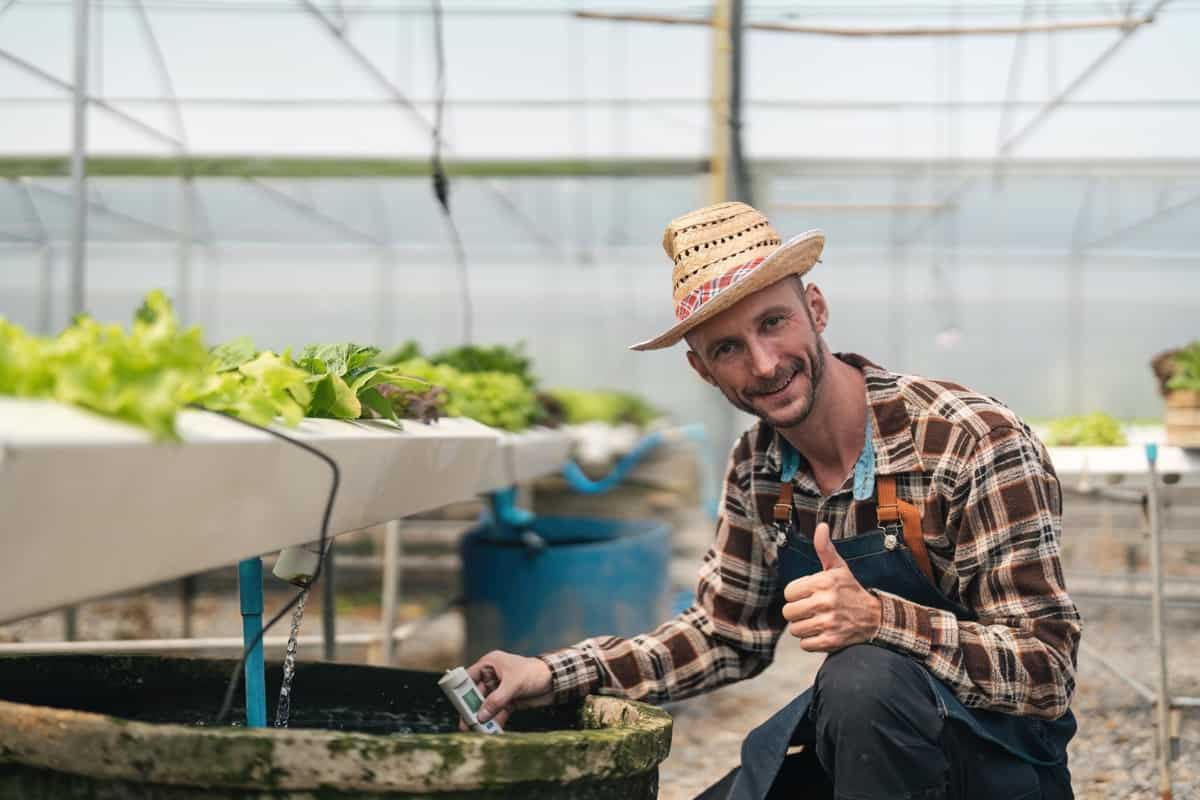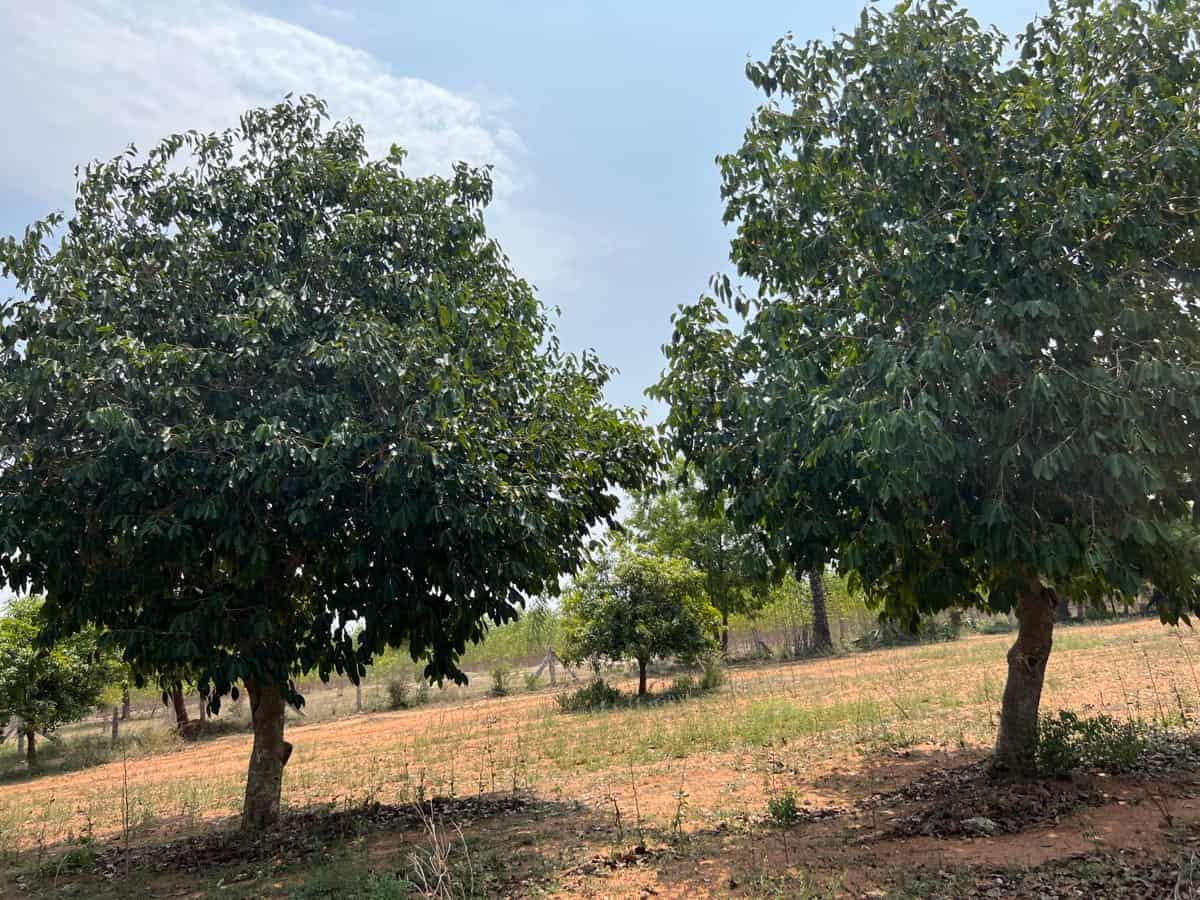Weed Management in Sugarcane Farming: How to Control Biological, Chemical and Cultural Practices
Welcome to our comprehensive guide to managing weeds in sugar cane farming! As a sugarcane grower, you need to understand the importance of maintaining a weed-free environment for optimum crop yield and quality. However, weed control can be difficult due to their rapid growth and ability to compete with sugar cane for nutrients and water. This blog explores simple and effective weed control strategies to help you make informed decisions and ensure a successful sugarcane harvest.

Weed management in sugarcane is an aspect of agricultural production, as weeds pose significant challenges. They compete with sugarcane for essential resources such as water, light and nutrients, which requires effective control measures. To solve this problem, chemical weed control using pre- and post-emergent herbicides is commonly used due to the large size of sugarcane fields, requiring quick and cost-effective approaches.
>However, some weed species have developed resistance to previously effective herbicides, requiring adaptation of control methods. Geographic variations in sugarcane cultivation can influence weed species composition, requiring specific herbicides and application times. To obtain high sugarcane yields, it is essential to select appropriate genotypes with superior productivity and adaptability to environmental stress and selective herbicides.
In addition, alternative strategies such as integrated weed management, crop rotation, and various herbicide mechanisms can help curb weed resistance and minimize herbicide damage to crop plants. Implementing these practices will ensure sustainable and successful sugarcane cultivation, improving overall yield and quality.
Integrated weed management in sugarcane cultivationIntegrated Weed Management (IWM) is a holistic and sustainable approach to controlling weed problems in sugarcane cultivation. It combines multiple weed control strategies to achieve effective, long-term weed control while minimizing environmental impact. Scientifically proven, IWM integrates cultural, biological, mechanical and chemical methods to create a comprehensive and effective weed management plan.
Cultural practices such as proper crop rotation and planting high-yielding sugarcane varieties can reduce weed infestations and improve crop competitiveness. Biological control methods use natural enemies of weeds, such as insects or pathogens, to control weed populations. Mechanical techniques such as manual weeding or the use of machinery can physically remove weeds from fields.
Integrating these strategies with judicious use of herbicides helps prevent weed resistance and minimizes the chemical load on the environment. By implementing integrated weed management, sugar cane growers can optimize weed control, promote sustainable farming practices and ensure higher crop productivity.
Chemical weed control methods for sugar caneChemical weed control methods for sugar cane involve treating two main groups of weeds: broadleaf weeds (broadleaves) and narrow leaf weeds (monocotyledons). To control broadleaf weeds such as "bathua", matri, Krishna Neel, gari, motha and circle, a successful approach is to spray a mixture of 2 to 40 @ I kg in 800 liters of water about a month after sowing. However, the challenge lies in the grassy weeds, as sugarcane belongs to the group of monocotyledons grasses.
In case you missed it: Managing Pests and Diseases in Sugarcane: Causes, Symptoms, Chemical and Biological Control

Welcome to our comprehensive guide to managing weeds in sugar cane farming! As a sugarcane grower, you need to understand the importance of maintaining a weed-free environment for optimum crop yield and quality. However, weed control can be difficult due to their rapid growth and ability to compete with sugar cane for nutrients and water. This blog explores simple and effective weed control strategies to help you make informed decisions and ensure a successful sugarcane harvest.

Weed management in sugarcane is an aspect of agricultural production, as weeds pose significant challenges. They compete with sugarcane for essential resources such as water, light and nutrients, which requires effective control measures. To solve this problem, chemical weed control using pre- and post-emergent herbicides is commonly used due to the large size of sugarcane fields, requiring quick and cost-effective approaches.
>However, some weed species have developed resistance to previously effective herbicides, requiring adaptation of control methods. Geographic variations in sugarcane cultivation can influence weed species composition, requiring specific herbicides and application times. To obtain high sugarcane yields, it is essential to select appropriate genotypes with superior productivity and adaptability to environmental stress and selective herbicides.
In addition, alternative strategies such as integrated weed management, crop rotation, and various herbicide mechanisms can help curb weed resistance and minimize herbicide damage to crop plants. Implementing these practices will ensure sustainable and successful sugarcane cultivation, improving overall yield and quality.
Integrated weed management in sugarcane cultivationIntegrated Weed Management (IWM) is a holistic and sustainable approach to controlling weed problems in sugarcane cultivation. It combines multiple weed control strategies to achieve effective, long-term weed control while minimizing environmental impact. Scientifically proven, IWM integrates cultural, biological, mechanical and chemical methods to create a comprehensive and effective weed management plan.
Cultural practices such as proper crop rotation and planting high-yielding sugarcane varieties can reduce weed infestations and improve crop competitiveness. Biological control methods use natural enemies of weeds, such as insects or pathogens, to control weed populations. Mechanical techniques such as manual weeding or the use of machinery can physically remove weeds from fields.
Integrating these strategies with judicious use of herbicides helps prevent weed resistance and minimizes the chemical load on the environment. By implementing integrated weed management, sugar cane growers can optimize weed control, promote sustainable farming practices and ensure higher crop productivity.
Chemical weed control methods for sugar caneChemical weed control methods for sugar cane involve treating two main groups of weeds: broadleaf weeds (broadleaves) and narrow leaf weeds (monocotyledons). To control broadleaf weeds such as "bathua", matri, Krishna Neel, gari, motha and circle, a successful approach is to spray a mixture of 2 to 40 @ I kg in 800 liters of water about a month after sowing. However, the challenge lies in the grassy weeds, as sugarcane belongs to the group of monocotyledons grasses.
In case you missed it: Managing Pests and Diseases in Sugarcane: Causes, Symptoms, Chemical and Biological Control
What's Your Reaction?














![Three of ID's top PR executives quit ad firm Powerhouse [EXCLUSIVE]](https://variety.com/wp-content/uploads/2023/02/ID-PR-Logo.jpg?#)







